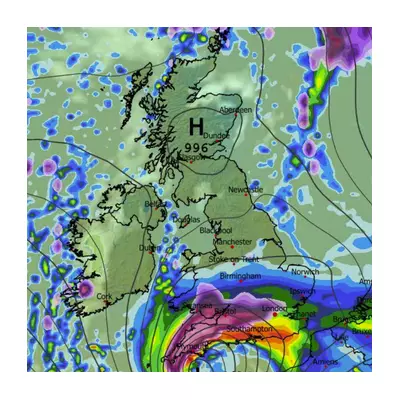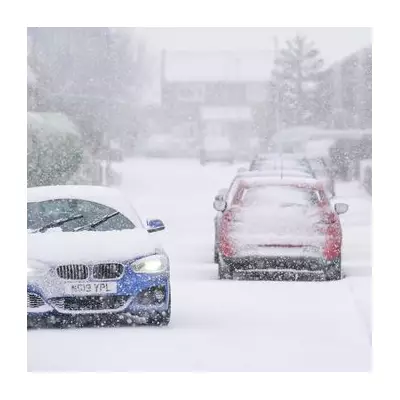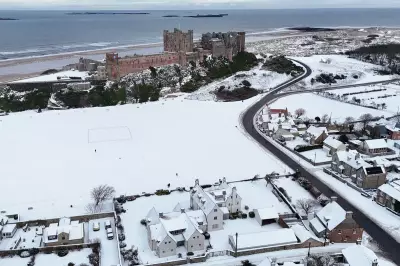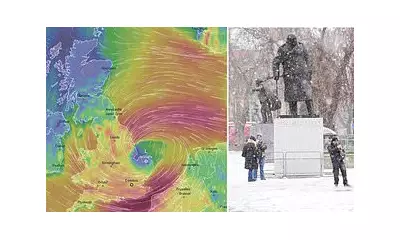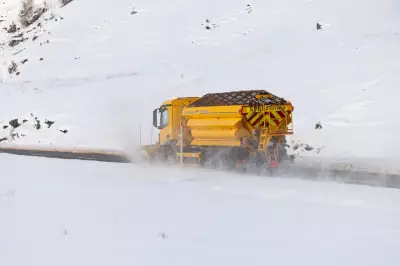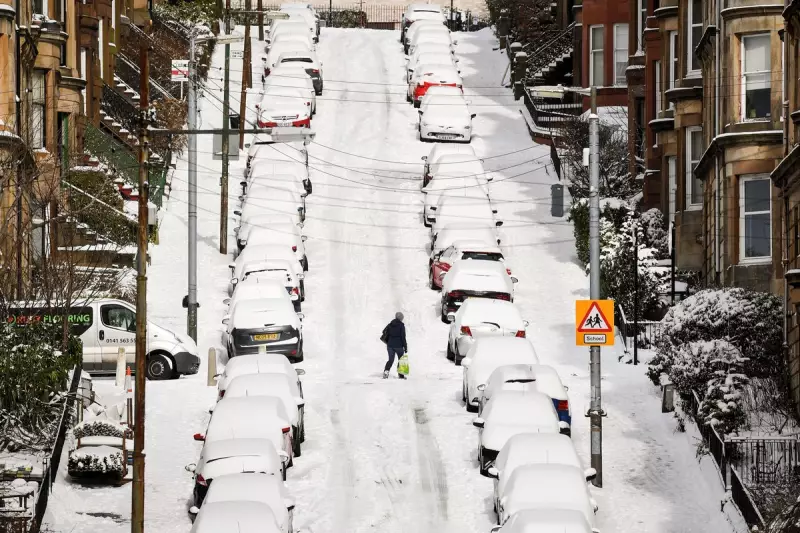
The UK is on alert for a potential return of the fierce winter conditions that characterised the infamous 'Beast from the East', as forecasters identify a significant weather event developing over the North Pole.
What is Causing the Concern?
The Met Office has confirmed that a period of Sudden Stratospheric Warming (SSW) is likely to occur. This complex event involves a rapid temperature rise high in the atmosphere above the Arctic. While it might seem counterintuitive, this warming in the stratosphere often disrupts the jet stream, ultimately increasing the probability of bitterly cold Arctic air sweeping across the UK.
Historical data shows that following an SSW, there is approximately a 70 per cent chance of colder weather reaching Britain and Ireland about 10 to 14 days later. This exact phenomenon was the primary driver behind the 'Beast from the East' in 2018, which paralysed parts of the nation with heavy snow and exceptionally low temperatures.
Current UK Weather Context
This warning comes as the UK experiences an early taste of winter. This past week, Arctic air has dominated, bringing ice and snow warnings that have caused significant disruption. The season's coldest night was recorded at Loch Glascarnoch in Scotland, where the mercury plunged to -11.7C.
The immediate impact was felt nationwide, with several schools forced to close their doors due to hazardous snow and ice. While a respite is expected this weekend as milder Atlantic air pushes in, this break may be short-lived if the SSW event unfolds as predicted.
What Happens Next?
Meteorologists are closely monitoring the situation. The key takeaway is that the stage is being set for a potential severe cold spell. If the stratospheric warming occurs, the UK could be facing a return of significant snowfall and freezing temperatures within the next two to three weeks.
Authorities are advising the public to stay updated with the latest forecasts from the Met Office and to begin considering preparations for winter weather, ensuring they are not caught off guard by a sudden shift in conditions reminiscent of the 2018 freeze.

